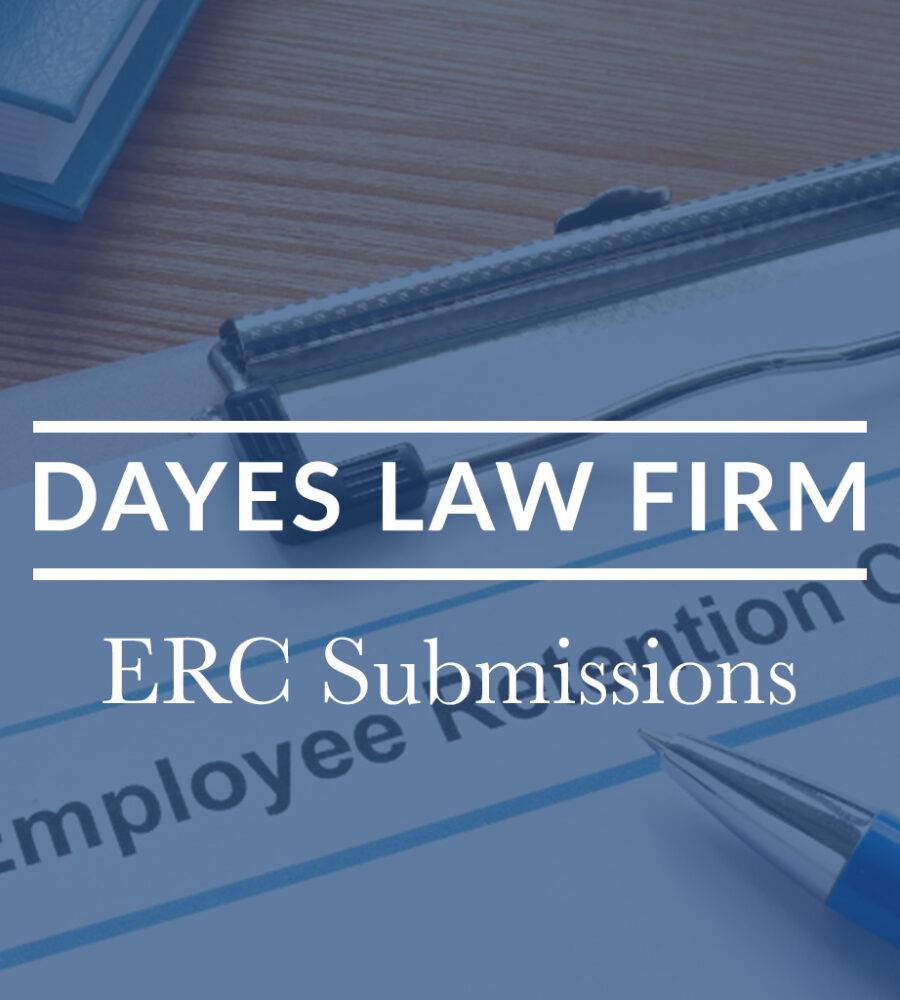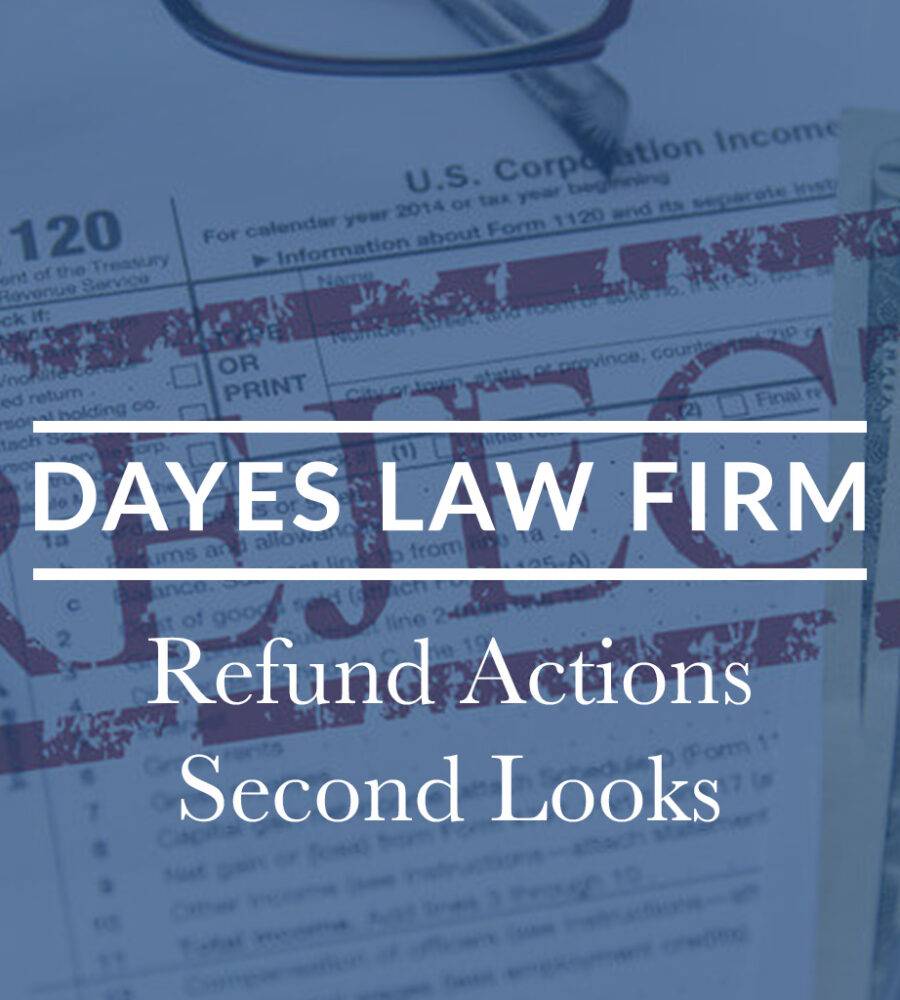IRS Audit
The IRS is auditing Employee Retention Credit (ERC) payments to ensure compliance with the eligibility criteria and to prevent fraud or misuse of funds. The ERC was introduced as part of the COVID-19 relief measures to incentivize businesses to retain employees during the pandemic. Since it involves significant tax credits, the IRS is keen on verifying that the credits are being claimed accurately and in accordance with the law. Audits help ensure that only eligible businesses are receiving the credit and that the amounts claimed are correct.
Fill out the form below for your Free Consultation!
Free Consultation
How to Prepare for an ERC Audit?
To ensure a smooth Employee Retention Credit audit experience, businesses must be proactive in their preparations.
Here are some essential steps to take:
- Maintain Accurate Records: Keep detailed records of all ERC-related transactions, including employee information, wages, and qualified expenses.
- Compliance Check: Conduct an internal compliance check to identify any potential issues or errors in your ERC calculations and claims.
- Seek Professional Guidance: Engage a qualified tax professional or ERC specialist to review your documentation and calculations for accuracy.
- Documentation Organization: Organize all supporting documents in a systematic manner, making it easier for auditors to review.
- Employee Eligibility Verification: Confirm that your employees meet the eligibility criteria for ERC.
What to Expect During an ERC Audit?
When selected for an ERC audit, businesses should be aware of what to expect during the process. The IRS will initiate the audit by sending a notification letter detailing the issues they plan to examine. Typically, auditors will request various documents, including payroll records, financial statements, tax returns, and Employee Retention Credit calculations.
During the audit, businesses will have the opportunity to provide explanations and additional documentation to support their ERC claims. It is essential to remain cooperative and transparent throughout the audit, addressing any queries or concerns raised by the auditors.
The audit duration may vary depending on the complexity of the case, but businesses should be prepared for the possibility of a prolonged review process. Once the audit is complete, the IRS will issue a written report with their findings, which could result in either an approval of the ERC claim or a notice of adjustments or penalties.
What Documents Do You Need for an ERC Audit?
To streamline the Employee Retention Credit audit process and demonstrate compliance, businesses must gather and maintain a comprehensive set of documents. Some crucial documents to prepare include:
- Payroll Records: Detailed records of wages paid to employees, including relevant tax forms (e.g., Form 941).
- ERC Calculation Records: Documentation supporting the calculation of the Employee Retention Credit claim, including gross receipts, eligible expenses, and qualified wages.
- Financial Statements: Income statements, balance sheets, and cash flow statements.
- Employee Information: Employment records, job descriptions, and evidence of employee eligibility.
- Business Documentation: Articles of incorporation, business licenses, and relevant contracts.
- Government Orders and Shutdown Notices: Documentation of government-mandated shutdowns or significant decline in business operations.
- Supporting Evidence: Any additional documentation that validates ERC eligibility and credit calculations.
By maintaining well-organized records and documents, businesses can present a strong case during an ERC audit, minimizing the likelihood of penalties or adjustments. Call Dayes Law Firm today and we’ll prepare you and your company for an IRS audit.


Questions? Dayes Law Firm Has The Answers
The IRS will be looking for information to determine eligibility for the credit. This information will include financial information including gross revenue, profits and loss statements, payroll information and tax returns including income and payroll returns. In addition, the IRS will want information about PPP loans, if taken, and if the taxpayer uses the Government Shutdown Test, all the appropriate governmental orders that affected the business.
The IRS has not released the reasons for why any particular business was picked for an audit. However, there might certain indicators of why. If the amount of the credit does not make sense with the previously provided payroll returns this is likely a red flag. If your business was in an area that was overly affected this might be a red flag. The luck of the draw was not on your side. The IRS picks a small percentage of returns to be audited even if there does not appear to be any discrepancies.
Picking the best representatives who have experience in not just audits but specifically ERC audits is a good start. The ERC includes a lot of very technical qualifications that if they are not understood, the taxpayer is likely to lose the audit even if they should qualify. Having representation that understands the nuances of the law as well as the various notices put out by the IRS is the quickest way to success.
There are few choices left to the taxpayer at this point. First the taxpayer can appeal the case to the Appeals Division of the IRS. An appeal can take upwards of 6 months for the Appeals Division to take up the claim. The Appeals Division has the ability to negotiate a “settlement” with the taxpayer as they are required to undertake an analysis that includes litigation risks. Another option is to file a refund action in Court. This can happen after an appeal. Another option is to not fight the findings and either pay off the debt or if nothing is owed to let it go. If the taxpayer is unable to pay the entire amount of the taxes owed, the taxpayer can potentially enter into an agreement with the IRS to pay off the debt in installments.



